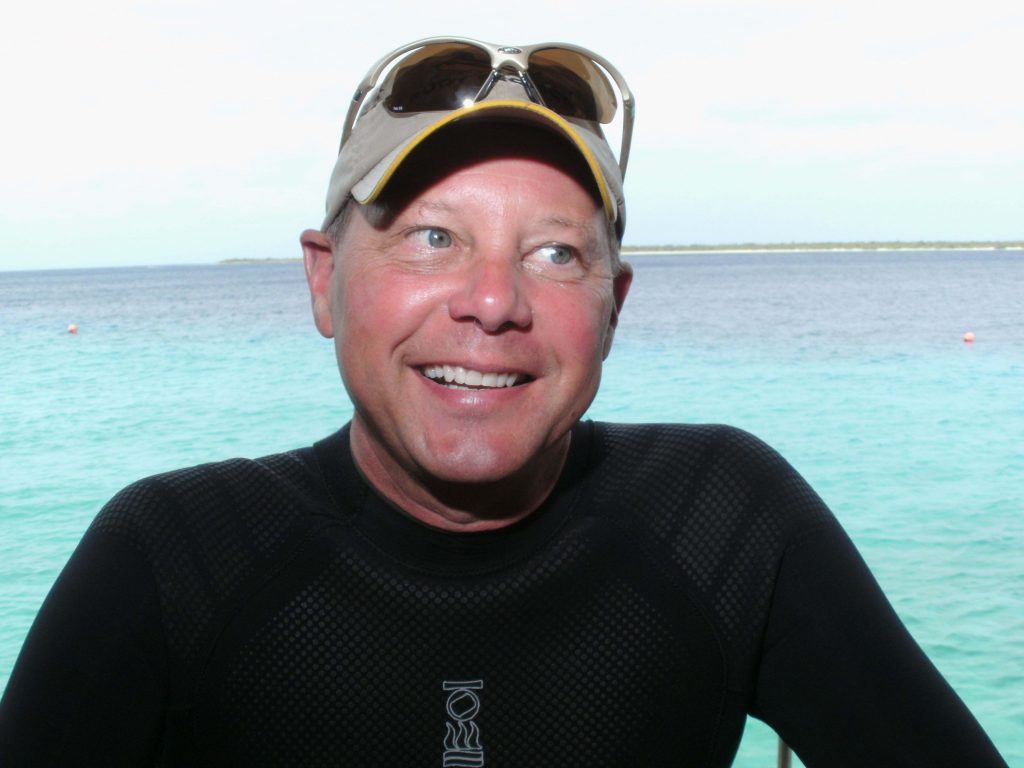Michael McDonald

- Contact
-
- viperswimmer@yahoo.com
- Professional Links
Research Interests
My original research focus entering the PhD program was to examine “isms” in the Trans-Atlantic world during the Long Civil War – 1830 to 1877. The intent was to situate the American experience within a larger historical context. Prior to the emergence and proliferation of transnational analytical frameworks, traditional historiographies examined the Civil War through an America-centric lens and geographically bounded the conflict on the North American continent. Additionally, the U.S. sectional crisis was temporally restricted to the military conflict years of 1860 to 1865. My goal was to build upon the transnational framework used by Don H. Doyle in The Cause of All Nations and demonstrate the connectivity of the U.S. and Europe by highlighting the two-way exchange of ideas and emerging forces of change back and forth across the northern Atlantic. The chronological timeframe employed by Allen C. Guelzo’s Fateful Lightning suggests the Civil War was a not unforeseen consequence but rather a result of the underlying tensions between Northern and Southern interests. By 1830 the differences began to emerge irreconcilably and continued through Reconstruction. The course work in my first two semesters at TAMU demonstrated to me just how impossible my initial concept was.
My paper for Prof. Unterman’s 614 Seminar last semester was “The Trans-Atlantic Crises of Identity.” It compared and contrasted the coping strategies employed by America and Europe in response to the industrialization and urbanization challenges emerging in the long nineteenth century from modernization. Europe’s identity crisis stemmed from its longing for the perceived internal stability of the states in the pre-French Revolutionary years. The American identity was grounded on its social and cultural distinctions from those of Europe and came under attack as American and European lifestyles seemed to be converging and mimic each other. The paper’s foundation rested on arguing the American identity was never static but constantly morphed in response to perceived internal and external forces.
My current research vector is to continue to develop the American identity as an umbrella framework that I can situate Trans-Atlantic “isms” under and argue American exceptionalism was more of an ideology than a fact. Prof. Rouleau suggested archival research documenting the perceptions of visitors to the opposite shores of the Atlantic via travel logs to examine how the elite general public compared their homeland experience with the “others.” Prof. Unterman fruitfully guided my primary source research toward political commentary – prose and cartoon – to support conclusions drawn from the travel logs, literary works such as Dracula and Frankenstein, and printed press interpretations and editorial comments. Prof. Bouton will fill in my gaps of European history and Prof. Smith will offer perspectives on how geography advantaged or constrained nations from attaining their desired goals.
